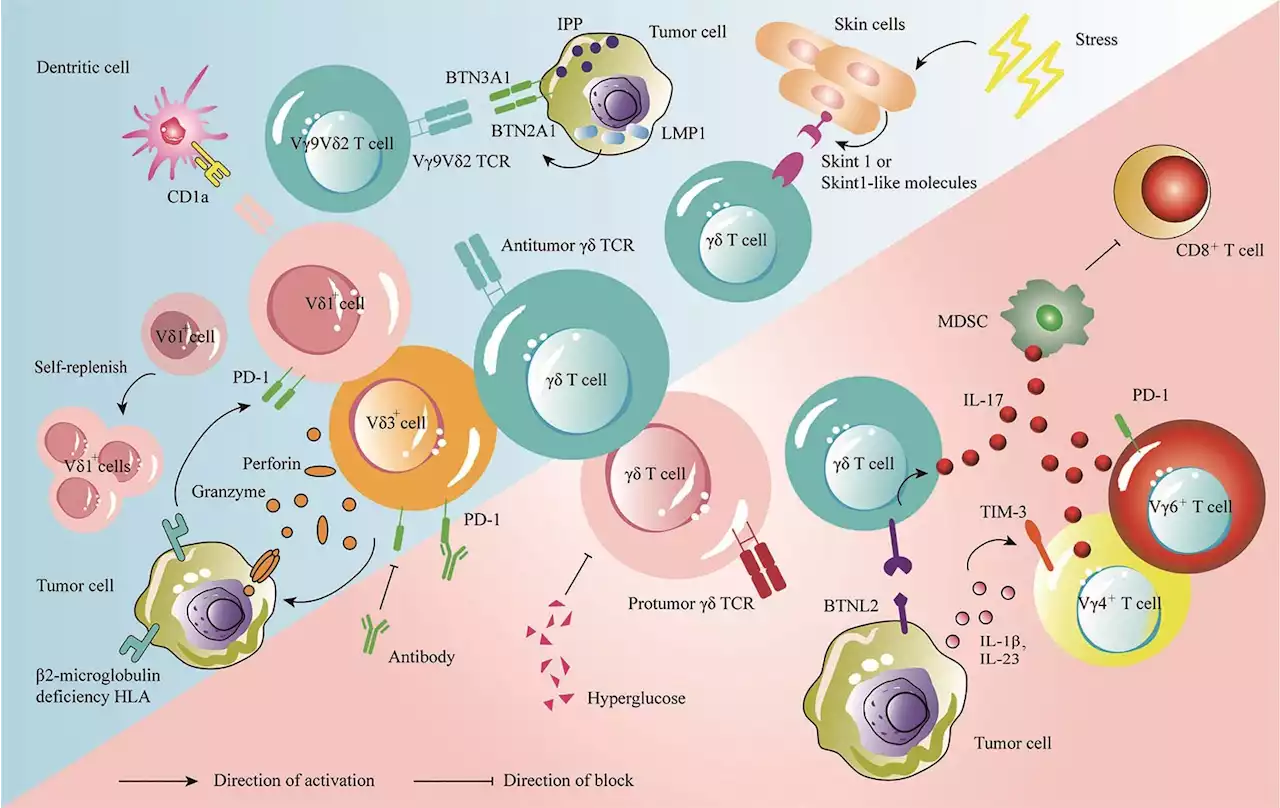New research out of the University of Texas Medical Branch potentially points to an effective treatment for Lassa fever, a dangerous, often fatal disease common to much of West Africa but considered a major threat to global health.
, UTMB's scientists document how a new drug from Zalgen Labs successfully cured cynomolgus monkeys infected with LassaThere currently is no approved treatment for the disease, which is estimated to infect 300,000 to 500,000 people a year across the region and cause at least 5,000 deaths annually. Women and children are at the highest risk from Lassa, which is characterized by bleeding and coagulation abnormalities, with overall mortality rates exceeding 25% and reaching 50% during epidemics.
Though less common, human-to-human transmission is caused through exposure to blood or secretions and through sexual contact. The UTMB research shows the potential of Zalgen Labs' Arevirumab-3 therapeutic, a monoclonal antibody cocktail, as a treatment against all major strains of the disease in advanced stages.
The results indicated Arevirumab-3 potentially could be used to treat humans infected with Lassa virus.
Belgique Dernières Nouvelles, Belgique Actualités
Similar News:Vous pouvez également lire des articles d'actualité similaires à celui-ci que nous avons collectés auprès d'autres sources d'information.
 Waters Corporation and Princeton University announce multi-year research collaborationWaters Corporation announced a multi-year research collaboration with Princeton University that will enable scientists, faculty, and students to work together to bring their diverse skills and backgrounds to solve complex challenges in biochemistry and materials science.
Waters Corporation and Princeton University announce multi-year research collaborationWaters Corporation announced a multi-year research collaboration with Princeton University that will enable scientists, faculty, and students to work together to bring their diverse skills and backgrounds to solve complex challenges in biochemistry and materials science.
Lire la suite »
 Water damage closes Northeastern University dorm ahead of new school yearSome first-year students at Northeastern University are getting new room assignments just weeks before the start of Northeastern University’s fall semester after significant water damage closed a dormitory at the Boston campus. White Hall was closed over “significant water damage impacting the structure of the interior and exterior brick walls,” a university spokeswoman said Tuesday. The damage was discovered during…
Water damage closes Northeastern University dorm ahead of new school yearSome first-year students at Northeastern University are getting new room assignments just weeks before the start of Northeastern University’s fall semester after significant water damage closed a dormitory at the Boston campus. White Hall was closed over “significant water damage impacting the structure of the interior and exterior brick walls,” a university spokeswoman said Tuesday. The damage was discovered during…
Lire la suite »
 Neuroscientists create new resource to improve Alzheimer's disease research modelsA new study by Indiana University School of Medicine researchers uses more genetically diverse mouse models to study the accumulation and spread of abnormal tau protein deposits in the brain—a known sign of Alzheimer's disease and several other neurodegenerative diseases. The study's findings, recently published in the Journal of Experimental Medicine, could lead to better research models that improve understanding of how different genetic backgrounds influence neurodegenerative disease development and treatment needs.
Neuroscientists create new resource to improve Alzheimer's disease research modelsA new study by Indiana University School of Medicine researchers uses more genetically diverse mouse models to study the accumulation and spread of abnormal tau protein deposits in the brain—a known sign of Alzheimer's disease and several other neurodegenerative diseases. The study's findings, recently published in the Journal of Experimental Medicine, could lead to better research models that improve understanding of how different genetic backgrounds influence neurodegenerative disease development and treatment needs.
Lire la suite »
 New review summarizes latest research on gamma delta T cells for tumor immunotherapyGamma delta (γδ) T cells are a type of unique innate T lymphocyte that are considered to be among the best candidate cells for use in immunotherapy. However, owing to their rarity in the peripheral circulation and lymphoid organs, their precise role in regulating antitumor immune response remains more or less unclear.
New review summarizes latest research on gamma delta T cells for tumor immunotherapyGamma delta (γδ) T cells are a type of unique innate T lymphocyte that are considered to be among the best candidate cells for use in immunotherapy. However, owing to their rarity in the peripheral circulation and lymphoid organs, their precise role in regulating antitumor immune response remains more or less unclear.
Lire la suite »
 Research offers new approach to nongenetic T-cell-based immunotherapyImmunotherapies for cancer aim to induce the immune system to combat cancer cells more effectively. In the journal Angewandte Chemie International Edition, a Chinese research team has now described a new, modular strategy for T-cell-based immunotherapy that manages to work without complex genetic modifications. Modulation of cell–cell communications through an ingenious regulatory circuit using various small, specially folded DNA molecules (aptamers) causes cancer cells to directly activate their mortal enemies, T cells.
Research offers new approach to nongenetic T-cell-based immunotherapyImmunotherapies for cancer aim to induce the immune system to combat cancer cells more effectively. In the journal Angewandte Chemie International Edition, a Chinese research team has now described a new, modular strategy for T-cell-based immunotherapy that manages to work without complex genetic modifications. Modulation of cell–cell communications through an ingenious regulatory circuit using various small, specially folded DNA molecules (aptamers) causes cancer cells to directly activate their mortal enemies, T cells.
Lire la suite »
 New research shows how cancer rewires a key immune pathway to spreadA study led by researchers at Memorial Sloan Kettering Cancer Center (MSK) and Weill Cornell Medicine discovered a new relationship between cancer cells and the immune system, and shows how cancer can selfishly hijack a normally helpful immune pathway.
New research shows how cancer rewires a key immune pathway to spreadA study led by researchers at Memorial Sloan Kettering Cancer Center (MSK) and Weill Cornell Medicine discovered a new relationship between cancer cells and the immune system, and shows how cancer can selfishly hijack a normally helpful immune pathway.
Lire la suite »
